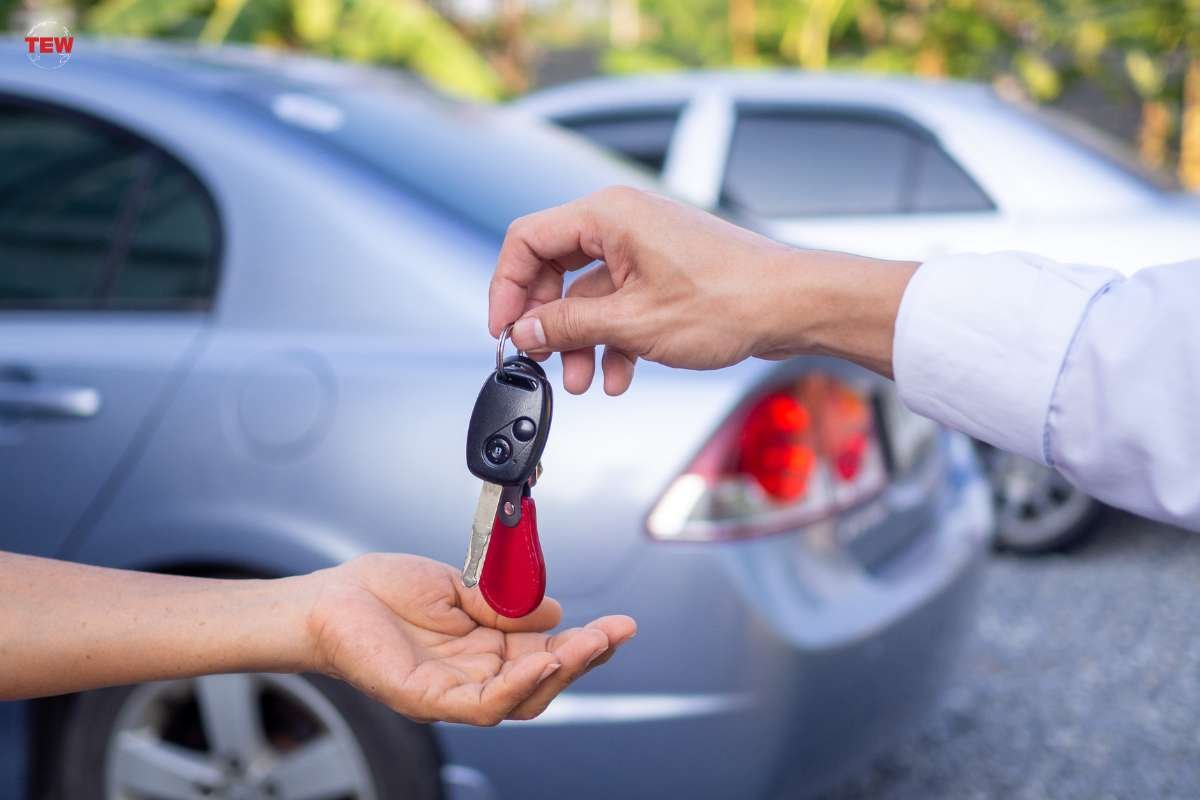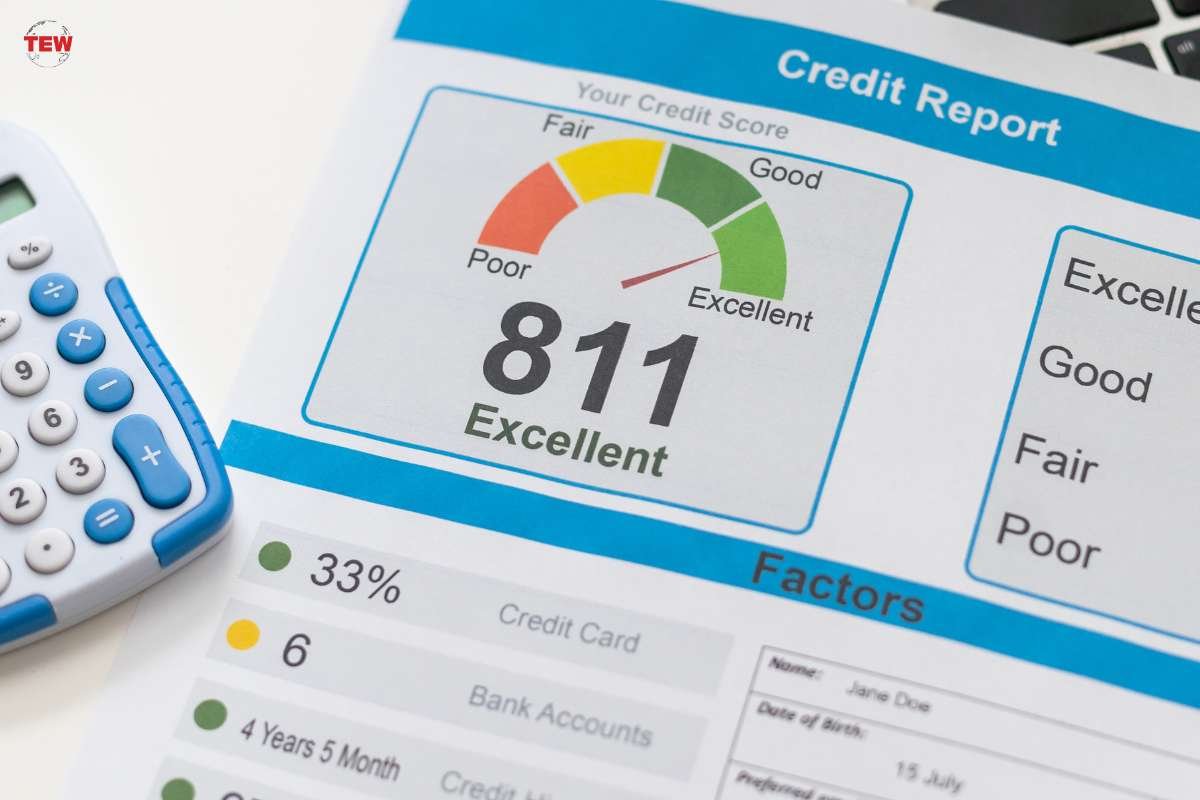When you are looking into a car finance option, you will undoubtedly come across a hire purchase.
This may seem like the ideal option for you, but as there are so many different kinds of car financing options available, you may be curious about why a hire purchase is different and why it may (or may not) be suitable for you and your circumstances.
So, here, you will be walked through what you need to know about buying a car with hire purchase in jargon-free language. Enjoy!
What is Hire Purchase?
Hire purchase is a way for you to get a car on finance without paying the car’s full value in one payment.

It can be used to buy new or preloved cars, and once you have put down a deposit for the loan, which is between 10-20% of the cost of the car, you will then have to pay it off monthly. Simple!
The Length Differs
Most hire purchase loans last between 1 and 5 years, but depending on where you get this loan (and the price of the car), you may be able to negotiate for a slightly longer payment term. The longer you have on this loan, the more interest you will pay, but generally, the more affordable it will be for someone who is on a budget.
Owning The Car

During the payment process, the company that has given you the hire purchase on your car owns the car. If you do not keep up the repayments, they can repossess it and cancel the hire purchase. Yikes! This is why you should always keep them informed of any changes in your circumstances.
When you have gotten to the final payment, there is a final fee that needs to be paid for you to own the car. Depending on where you live, this fee may be known as an option to purchase fee, a transfer fee, or an admin fee.
Don’t worry! This fee will be in the agreement when you start the loan, as will its cost, so you can budget for it. Once the fee is paid, you own the car!
Car Issues

There may be issues with the car you have taken out a hire purchase on. What do you do?
As you are technically not responsible for the car, it falls under the net of being the hire purchase finance provider.
If your car is faulty, you will be covered by the Supply of Goods Act, which means you are good to take the car back to the finance provider to have it fixed. This will not impact your budget as the provider has to pay for any repairs or reimburse you. So, don’t be worried about the costs of any repairs during the term of the loan.
Credit Score
Opting for a hire purchase with a car may be more suitable for people who have less-than-perfect credit scores. It allows you flexibility with the payments, as well as the deposit, meaning it is a more suitable option for those who may be on a tighter budget.




